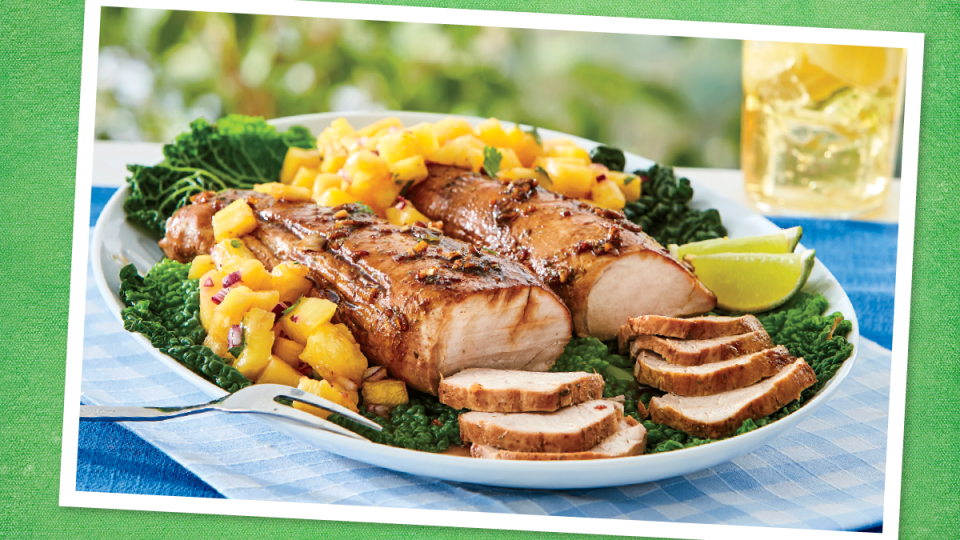
Watermelon is the ultimate summer food. No summer picnic is complete without it, and few foods are quite as refreshing as a slice on a long, hot summer day. This is likely due to watermelon’s hydrating powers: The fruit is more than 91 percent water, according to the U.S. Department of Agriculture (USDA), and contains natural electrolytes such as potassium. That could be why one study found that watermelon puree was as effective as a common sports drink in supporting athletic performance in cyclists.
While watermelon certainly lives up to its name, people often overlook that this juicy fruit is also packed with other nutrients and antioxidants. In fact, Mayo Clinic Health System points out that watermelon contains more of the antioxidant lycopene per serving than any other fresh fruit or vegetable. This powerful plant compound has been linked to a decreased risk of cancer, heart disease, and age-related eye diseases. Additionally, watermelon is low in calories and fat while being packed with phytochemicals, noted a review published in November 2020 in Molecules.
For all that nutrition, you might expect to pay a premium, but the Food Network lists watermelon among the most budget-friendly produce at only a few dollars per melon. And due to its size, an average watermelon yields multiple servings, and freezes well for use in smoothies or desserts. This makes watermelon the perfect choice for those looking to meet their nutritional goal while staying on budget! It’s also a convenient choice when you’re serving a crowd, although smaller, rounder, mini melons are available, too. It’s generally more economical to buy a whole melon and cut it yourself than to purchase it pre-cut.
And, a little-known fact about watermelon: While most people skip the rind (the white part between the green skin and pink flesh) and seeds, both are actually edible. In fact, there is even a market for dried raw watermelon seeds, which are a surprisingly good source of protein at over 8 grams (g) per ounce of seeds, according to data from the USDA. Seedless watermelons are widely available if you prefer to avoid them, however.
While watermelon can be found in grocery stores year-round, its peak season is June, July, and August, according to the USDA. To choose the sweetest melon, look for one that is free from bruises, dents, or cuts in the skin, and examine the bottom of the melon for a dark yellow spot, known as a field spot, recommends Texas A&M AgriLife Today. This is the spot where the melon sat on the ground while it ripened. The darker the yellow, the sweeter the melon! You can also judge a good melon by its weight — a watermelon that feels heavy for its size is the way to go. A rap on the rind can also help in your watermelon selection. A melon that has a deep sound generally indicates a fresh and firm watermelon.
It’s hardly surprising that watermelon is one of the most popular fruits in the United States. The USDA notes 5.1 billion pounds of watermelon were consumed in the United States in 2019. There’s no denying the joy of eating a slice of watermelon on a hot day, but there are plenty of other delicious ways to enjoy this versatile and nutritious fruit, as well, from soup to salad. Here are 10 creative ways to cool off with watermelon.
from "recipes" - Google News https://ift.tt/7nMmSNr
via IFTTT

No comments:
Post a Comment